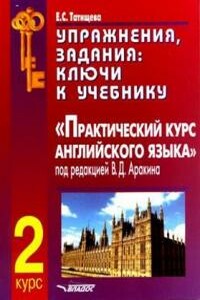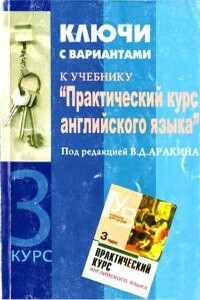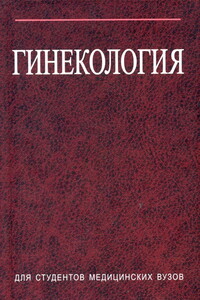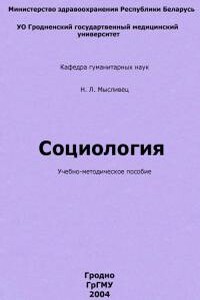The children liked the idea of going for a walk.
All of us liked the idea of spending the day off out of town.
We disliked the idea of staying in town the whole summer.
Why don't you like the idea of having dinner at my place?
EXERCISES
I. Rewrite these sentences, using Pattern 1:
Example:
a) If it is cold, we'll put on our warm coats.
If it were cold, we should put on our warm coats.
b) If my friends come to see me, I'll be very glad.
If my friends came to see me, I should be very glad.
1. If the boy is hungry, I'll give him something to eat. 2. If the supper is ready, we'll sit down
to table. 3. If I get a good mark for my composition, I'll be happy. 4. If Mary has more free time,
she'll read more. 5. If the weather changes, we'll go boating. 6. If I have no opportunity to see him,
I'll be very sorry. 7. If it doesn't rain, I shan't have to take my umbrella with me. 8. If she finishes
everything on Friday, she won't have to work on Saturday. 9. If you catch a cold, you'll have to stay
at home. 10. If the child doesn't do what I tell him, I'll have to punish him.
II. Answer the following questions:
1. What would, you do if you were late for your lesson? 2. Where would you go if you had a
holiday now? 3. Who(m) would you invite if you arranged a party? 4. How long would it take you to
walk home from the University? 5. Which would you prefer to go to, the Art Theatre or the Bolshoi
Theatre? 6. Would you feel glad if it were spring now? 7. Would you like to go to the disco after the
lessons? 8. What film would you like to see?
III. Rewrite each of these sentences, using Pattern 2:
Example:
The girl thought that it would be good to study a foreign language.
The girl liked the idea of studying a foreign language.
1. The students thought that it would be useful to work in the lab twice a week. 2. We liked
the suggestion that we should visit our sick friend. 3. The children found that it would be interesting
to go on an excursion. 4. We thought that it wouldn't be good to stay indoors all day long. 5.
Wouldn't you like to go to the theatre tonight? 6. All of us thought that it would be nice to arrange a
party at our University. 7. Is there anyone against our spending the holidays in the holiday camp? 8.
We thought that it would be good to go to the cinema after the lessons.
IV. Translate these sentences into English:
1. Если бы я не устала, я бы пошла осматривать город. 2. Мы бы не пошли завтра на
этот спектакль, если бы это не была премьера. 3. Если бы я жила не так далеко, я бы заходила
к вам почаще. 4. Если бы он говорил погромче, публика слушала бы его с большим
интересом. 5. Будь у нее плохая память, она не запоминала бы сразу столько цифр (figures). 6.
Я ничего не имела бы против поездки в Крым, если бы там не было сейчас так жарко. 7. Нам
всем понравилась его мысль встретиться в начале учебного года.
V. Act out the dialogue. Make up your own after the model:
D i с k : What would you do if you had a boat?
T о m : I would sail in it of course.
D i c k : Where would you sail?
T o m : All around the coasts of Britain. I would even try to sail across the Atlantic if my
boat were big enough.
D i c k : What would you do if your parents didn't let you sail?
T о m : I would run away from home, I suppose.
D i c k : What would you do if your boat were wrecked in a storm?
T o m : I would get drowned, I suppose.
D i с k : It is just as well you haven't got a boat, I suppose.
VI. Explain the meaning of the following sayings and illustrate them:
1. If it were not for hope, the heart would break. 2. If the pills were pleasant, they would not
be gilded. 3. If there were no clouds, we should not enjoy the sun. 4. If things were to be done twice
all would be wise.
TEXT. ANNE MEETS HER GLASS
The children fixed their eyes upon Anne. Anne gazed back, feeling helpless.
"Now, children," began Miss Enderby firmly, "you are very, very lucky this term5 to have
Miss Lacey for your new teacher."
Anne gave a watery smile. The Children's faces were unmoved.
"Miss Lacey," repeated Miss Enderby with emphasis. "Can you say that?"







